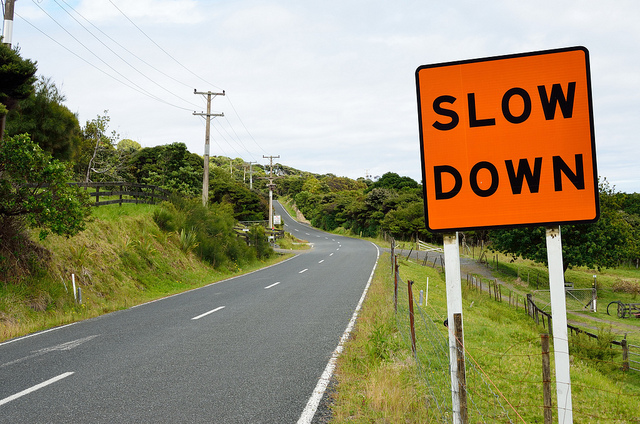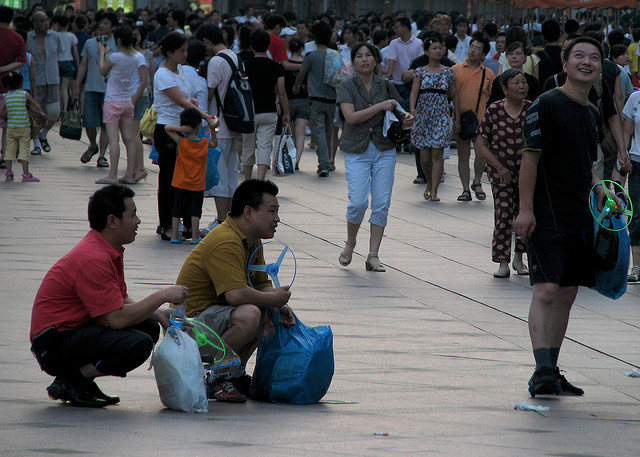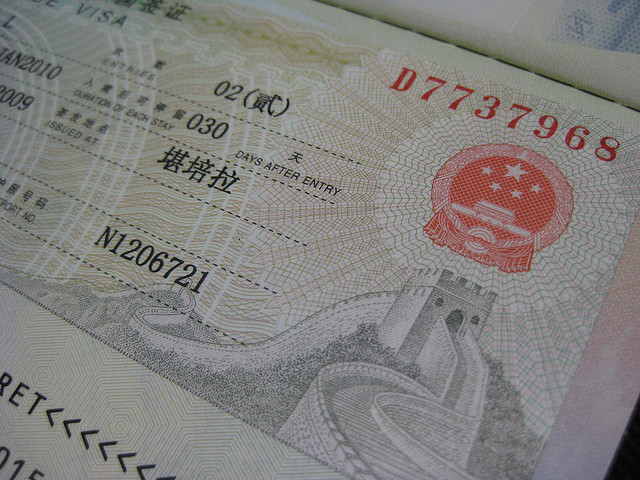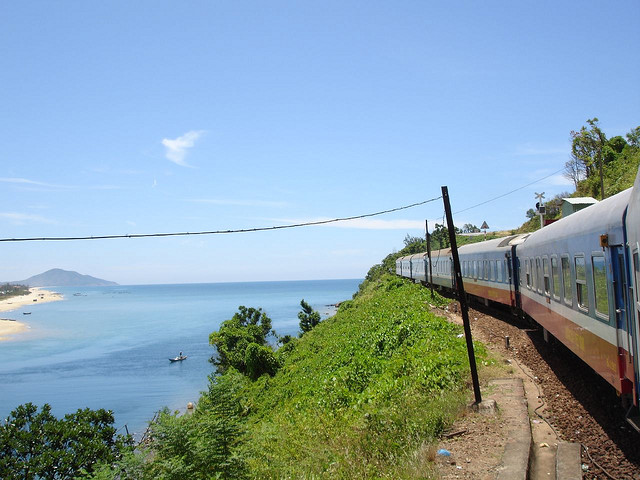After 15+ years helping folks plan long-term trips, BootsnAll has a massive database of experienced, RTW travelers.
So we decided to ask our veteran travelers some of their best on the road tips to share. Enjoy!
Check out the following 49 tips about what to expect on the road
Book Your First Night Hostel
- Remember: your RTW itinerary doesn’t need to be set in stone. However, it’s always best to have a hostel booked for the first night you arrive in a city. Avoid the hassle, exhaustion and disappointment, that comes with not being able to find a reasonably priced bed. If the place sucks, get a new place the next morning when you’re nice and fresh.
Travel Tips for Going RTW
- “Be flexible. Don’t plan too much, you’ll be disappointed. Don’t rush through a country. Don’t spend all of your time in Western cafes. Don’t get so caught up in ‘recording’ the trip that you forget to look, listen, and learn. A smile goes a looooong way!” – Christine Veleber
Keeping Your Sanity on the Road
- “Bring a light pack with things that you wouldn’t care if you lost… trust your instincts on the road… Keep an open mind…. and when you think you can’t do it anymore… give it a week (normally things change within the next hour).” – Sandra Price
Booking Ahead of Time
- “There is a myth that you will have a very difficult time getting around, and you have to book all accommodation from home before you leave. This is nonsense. Just go, meet other travellers, eat and sleep wherever you end up.”- Timothy Kingshott
Take an Interesting Class

- Cool things to do on the road: take a class. Learn how to make pad thai, speak Spanish, design boomerangs or create a local specialty.
Get a Henna Tattoo
- Cool things to do on the road: get a henna tattoo! Henna is a reddish brown dye used for decoration of hands, hair and feet. The plant is found in India, the Middle East and North Africa.
Don’t Forget to Shower
- As a favor to both yourself and your hostel mates, vow to shower at least once every few days. We’re serious. You will meet travelers who don’t. Please, don’t be one of them.
Soap Operas Are Years Behind
- Soap operas aired in countries that differ from their original nation are usually years behind in the series. Keep this in mind if you plan on following your favorite local drama. Some other popular TV series’ are on in other countries as well, but they may not be up to date.
Keep Up With Titling Your Pictures
- Make sure to label your pictures as often as you can. You will not remember the name of your best friend for two days in the capital of that one country that you can’t recall.
Research Before Buying Expensive Items
- When planning on purchasing an expensive item overseas, such as a Turkish rug, do your research beforehand and comparison shop. Buy from the people you trust the most.
Ignore the Pressure To See Everything

- Just because you’re traveling, you don’t have to go and see 10 different things every day. Sometimes, travel can be very daunting. Spend some time in a nearby park, reading a book and people watching. That is every bit an authentic travel experience.
Don’t Wait to Take Medicine
- If you know you get motion sickness, don’t wait until you feel sick to take your meds. There is no reason to be miserable on a plane/train/boat ride if you don’t have to be.
Bring a Pen and Paper When Bargaining
- When bargaining for an item, have a piece of paper and a pencil handy. If language is a barrier, written numbers can come in handy.
Read Bills Closely
- Double check your restaurant bill, especially if you ordered a number of items. Sometimes, extra things are slipped in accidentally – or on purpose.
Posters Aren’t Easy to Carry
- Even though that print might be very cool, carrying around a poster in a tube gets very, very old after awhile. Assuming you don’t forget it on a train somewhere in Europe, there is still a high probability of it being damaged.
- Sometimes, you will be taken and there is nothing you can do about it. For instance, a merchant may say that you paid with the wrong bill and when you dispute the situation, the corrupt police are called. Remember, it’s only money. And chances are, if you’re in a developing world, your ‘lesson learned’ will have cost you less than a dinner back home. Understand that things like this, while upsetting, are all a part of travel.
Cab Driver Tips
- Be wary of cab drivers, touts and other people who tell you the attraction you plan on visiting is closed, or that the bus you are waiting for has already come. Often times, they are just looking to make some money by giving you a ride to an alternate place.
Listening to Music and Sleeping
- Listening to music on a plane or train can help drown out noise and lull you to sleep. Ipods and portable music players are also great for sleeping in loud dorms, hostels, or hotels. However, listening to music if you are used to sleeping in total silence can be more irritating than soothing.
Read the Local Paper
- Reading a local newspaper is a great way to learn the language. You’ll be surprised how much Spanish and French you’ll be able to understand.
Getting Wine without Having a Corkscrew
- If you need to get the cork out of a bottle of wine and you don’t have a corkscrew, turn the bottle upside down and hit the bottom repeatedly. It works eventually. Or use a knife. Or just buy a corkscrew (just pack it in your checked luggage as some countries may take it from your carry-on).
Getting Books While on the Road
- English-language books are available in many countries; however, don’t expect to find anything but classics or old New York Times bestsellers. Another John Grisham, anyone?
Hostel Book Exchanges
- Hostel book exchanges can be better, but you have to be diligent in checking them. Many hostels have a book exchange in their common rooms – bring a book or two to ‘trade out’ for new ones.
Guidebooks
- You don’t need Lonely Planet, Lets Go, Rough Guides and Frommers guides to each location. If you desire a guidebook, pick one and ask around in hostels for the other ones. Chances are your bunkmate will have a different one.
- Overstaying your visa can be a serious offense. In addition to imprisonment and deportation, countries can ban re-entry for years or even life!
Stay in Shape
- All the walking you will do on the road will help to keep you in great shape. However, if you’re looking for a little extra, do exercises that use your own body weight for resistance. If you’re hard-core about looking good in your swimsuit, bring some resistance bands – they can add some extra ‘oomph’ and don’t take up a lot of space in your bag.
Too Good to Be True? Probably Is.
- Remember the old saying: if it’s too good to be true, it probably is. Although you may think it’s your lucky day when a vendor promises to give you a killer deal on gemstones that you can turn around and sell in your home country for ten times as much, chances are, he’s selling you worthless rocks.
Bargaining and Walking Away is Rude
- If you set a price and get a vendor to bargain down to it, and then walk away, expect him to be very, very mad. This is generally considered rude, as it wastes the vendor’s time.
Don’t Buy Something Just Because It’s a Great Deal
- Don’t buy items just because they’re cheap. There will be plenty of cheap items along the way. Remember: you have to carry them all.
Inspect Before you Buy
- Stall owners will sell used goods and call them new. Inspect before you buy. Be wary of anyone who approaches you on the street and attempts to sell you an “antique”. Most likely, the item is a replicate and you will be ripped off. All genuine historical antiques should be certified and only bought from a reputable dealer.
Exporting Antiques
- Many countries place restrictions on the exportation of historically significant antiques. Make sure you know how much it will cost you to get your item home before you buy – or if it is even legally allowed.
Duty Free Limits
- Going over your duty free limits means that if you get caught, you’ll usually only have to pay tax on the extra. If you don’t, Bonus! However, if you’re attempting to bring in 300 shirts for sale and you try not to declare it, that may not go over so well.
Wash Died Materials Alone
- Dyes used in clothes such as fisherman pants are cheap, and no matter how cold the water is when you wash them, they will still run…even after the sixth time through. Always wash dyed materials alone.
Don’t Go Overboard with Knock Offs
- Resist the temptation to go overboard with buying knock-off in markets like those found in Bangkok. Sunglasses will break, flimsy t-shirts will rip, and the real Waterford (need to check with the pen thing!) pen cartridges won’t fit in the ones you bought.
Paying Out of Pocket for Health Care

- Some insurance companies require you to pay out-of-pocket for expenses occurred, and then reimburse you later. Know your policy so there aren’t any surprises on the road.
Learn How to Drive a Manual Car
- If you plan on hiring a car, make sure you know how to drive a stick shift/manual. Automatics can be hard to find in various places around the world, and even if you can locate one, will cost you considerably more.
Leaving the Scene of an Accident
- In some countries, if you are driving and involved with in a minor accident, it may be better to leave before the corrupt officials arrive and demand money. Ask around before you hire a car.
Consider Hiring a Driver
- When travelling in developing worlds, consider hiring a driver versus renting a car. Hiring a driver/guide is usually inexpensive and directly gives back to the community you are visiting.
Go By Bike
- Some cities and countries such as Amsterdam, France, and Italy are popular bike-touring destinations. As a result, many area bike shops offer rental programs for hours, days, or even weeks.
Seeing the Same People on the Road
- Guidebooks and common travel routes around the world mean that the chance of you running into someone you already met in another country is relatively likely. If someone looks familiar, chances are you’ve seen them before – ask! We ran into the same woman in Argentina, New Zealand, and Laos – months apart!
Stay Where You Want
- If you are stuck with a person or people who are all traveling the same route as you, don’t feel like you have to stay with the group. Most cities are large enough that you can say goodbye at the train station, find your own hostel, and never see them again.
Tourist Offices Are Good for Recommendations
- Many tourist offices, in addition to offering brochures and booking services, are also gift shops. It’s a great place to ask for personal recommendations: it’s their job to tell you!
Exchanging Money at an Airport
- You probably shouldn’t bother and just get money out of an ATM, as airports offer some of the highest exchange rates.
Searching for Jobs While Still on the Road
- Many people fear giving up a job to go RTW and not having one when they return. To speed up the job search, start browsing online a month or two before you get back, and travel with a removable hard drive (or email yourself all the pertinent docs) that contains all your resume information and a cover letter, for easy applications.
Not Paying for Public Transport
- Even though the locals may never appear to pay on public transport, it doesn’t give you a pass to do it as well. Because you do not look like a local, you are even more of a target, especially if you are in a small group. Officials know that there is an increased likelihood of receiving money from a confused, rich foreigner than a local.
Washing Clothes in the Sink
- There are some articles of clothing that wash well in a sink. Underwear, for example, fits nicely and dries quickly. Unfortunately, jeans tend to splash more water out of the sink than they soak up and can take up to TWO DAYS to air-dry.
- If traveling by train, make sure to save the most scenic routes for daytime travel. Examples include the Swiss Alps, alongside the Mediterranean or any area with large mountains and crystal clear lakes.
Memorabilia Idea
- When you purchase your Eurail ticket you receive a map outlining all the train lines. Use a highlighter or a black pen to mark out your route and then put it up on your wall when you get home. It’s a great, lightweight piece of memorabilia.
Invest in a Sarong
- A sarong is an excellent investment: make sure you pick one up when you’re someplace warm. They can be used as a towel, an article of clothing, a makeshift backpack, a temporary divider in a hostel room and in various other helpful manners.
Health on the Road
- Your health on the road is important. Before you hit the road, visit a doctor for a physical, shot updates and prescriptions for common road-sicknesses and preventatives. If you’re near a large city, try to find one who specializes in travel medicine. And don’t forget travel insurance! Many policies won’t cover you overseas.
To read more long-term travel tips, check out our tips page!


